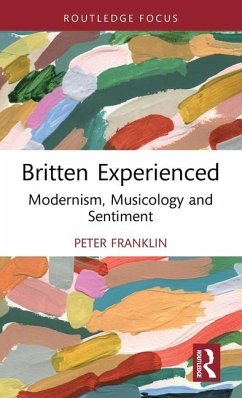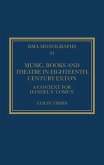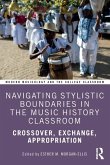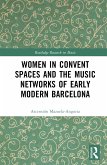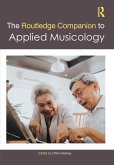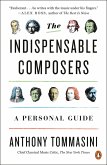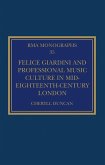Who writes the books we read about music that excites us, and why? Is 'classical music' all about class? Related questions underpin this partly polemical study, written by an academic who believes that the Humanities, to be really humane, must confront their methods and aims. Two recent studies of Benjamin Britten have specifically interested the author, who was educated in a world where the composer was a living subject of criticism and praise, his works reflecting values, worries and dramas that were not just about 'music'. Franklin's response is to question the recent writers, proposing that, like theirs, his own story conditioned when and how he experienced Britten. This he unfolds autobiographically in and around the discussion of specific works. Recalling his encounters with the composer as a schoolboy, as a student and opera-goer, and then as a teacher, he challenges recent assertions about Britten and modernism in the period.
Bitte wählen Sie Ihr Anliegen aus.
Rechnungen
Retourenschein anfordern
Bestellstatus
Storno

